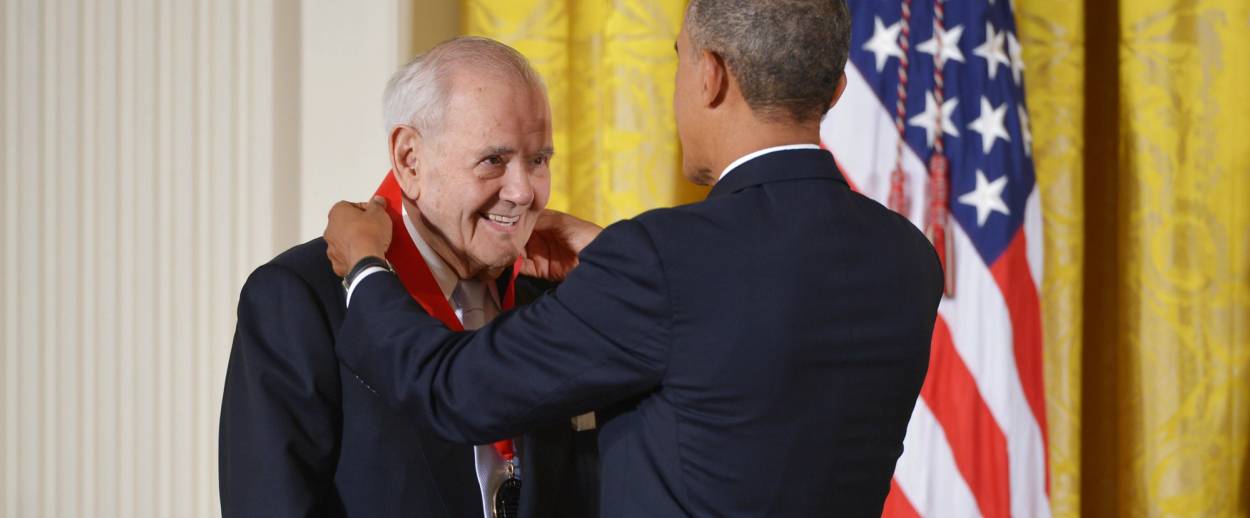Robert Silvers, Founding Editor of New York Review of Books, Passes Away at 87
Silvers co-founded the legendary periodical in 1963




Robert Silvers, a founding editor of The New York Review of Books, died Monday at age 87. Silvers, along with Barbara Epstein (who died in 2006), founded the influential literary journal in 1963, and served as its editor until his death—for more than half a century. The New York Review has been widely lauded as one of the foremost English-language literary and intellectual periodicals. Its very first issue, which the New Yorker called “surely the best first issue of any magazine ever,” featured pieces by Norman Mailer, Irving Howe, Philip Rahv, Susan Sontag, Alfred Kazin, and other literary heavyweights, immediately establishing itself as a publication of literary and cultural criticism on par with the original iterations of Commentary, Dissent, the Partisan Review, and the like. In an obituary for the New York Times, William Grimes wrote that “Mr. Silvers brought to its pages a self-effacing, almost priestly sense of devotion that ultimately made him indistinguishable from the publication he edited, and it from him.”
Silvers, who grew up in Long Island and was educated at the University of Chicago, held editorial positions at The Paris Review and Harper’s before he founded The New York Review with Epstein. He starred in a 2014 Martin Scorsese documentary about the history of The New York Review of Books. He was a recipient of several honors, including the National Book Foundation’s Literarian Award, the American Academy of Arts and Letters’ Award for “Distinguished Service to the Arts,” and a National Humanities Medal.
His death has spurred an outpouring of sadness and encomiums from many in the literary and publishing worlds, a testament to the breadth and depth of his legacy.
Miranda Cooper is an editorial intern at Tablet. Follow her on Twitter here.